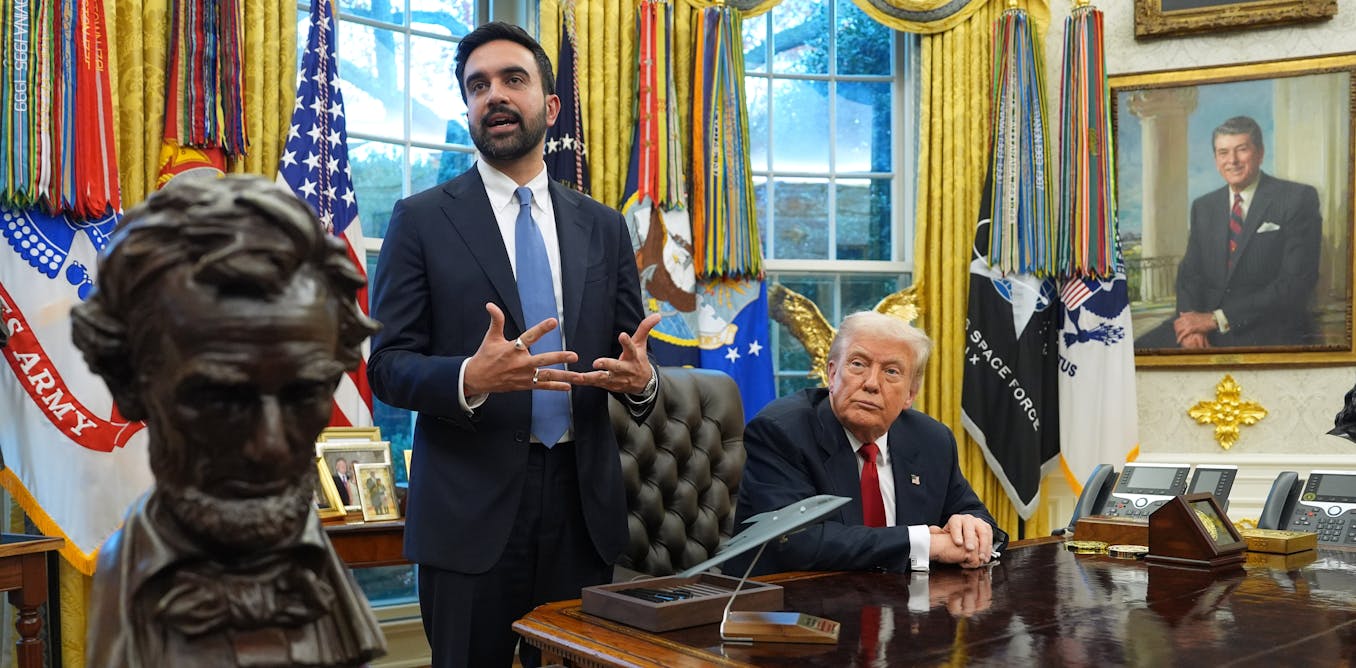
"Muslims across the globe, including in Indonesia - home to the world's largest Muslim population, where I was born and raised - rejoice that he is Muslim. Indians take pride in Mamdani's Indian roots. Ugandans cheer his victory because Kampala is his birthplace. Representation does matter. It can be deeply affirming to see someone whose identity resonates with you succeed in a foreign political landscape."
"However, Mamdani didn't win simply because of who he is. He won because of what he did, the politics that his campaigns were based on - a platform that focuses on the cost of living, from utility bills to grocery bills to bus fares to child care to rent - and, more importantly, the feelings, the trust and cohesion generated in the network of people who organized with and for him."
Zohran Mamdani's election sparked global celebrations among Muslims, Indians, and Ugandans who share elements of his identity. His Muslim faith, South Asian and Ugandan roots, and immigrant community experience contributed to widespread visibility and pride. Representation produced emotional affirmation for distant communities. Electoral success resulted from a campaign platform focused on cost-of-living issues—utilities, groceries, transit fares, child care, and rent—and from trust, cohesion, and organizing among supporters. Voter choices reflect identity, group belonging, emotional attachments, and symbolic cues. Politics that mobilize through shared feelings build power alongside policy proposals.
Read at The Conversation
Unable to calculate read time
Collection
[
|
...
]